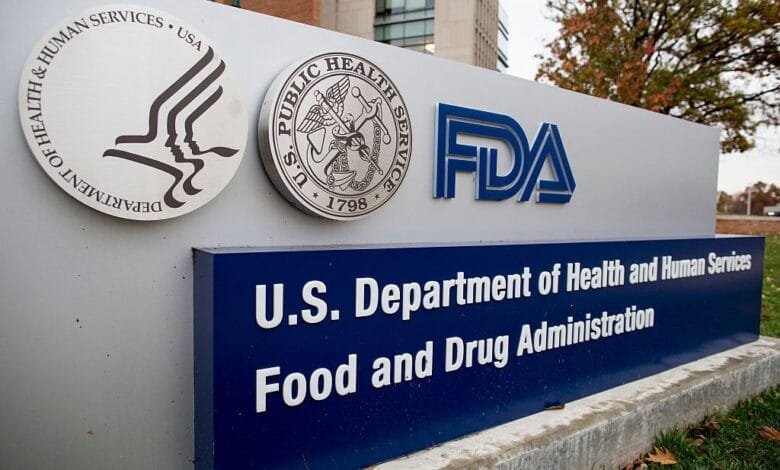FDA’s Rushed AI Rollout Faces Major Challenges

▼ Summary
– The FDA under the Trump administration is rolling out an AI tool called Elsa to assist employees in tasks like clinical reviews and safety assessments.
– Elsa is claimed to accelerate reviews, improve efficiency, and help identify inspection targets, with potential applications in summarizing adverse events and label comparisons.
– FDA Chief AI Officer Jeremy Walsh announced the tool as a major step into the AI era, enhancing employee performance across the agency.
– FDA Commissioner Marty Makary noted the rollout was ahead of schedule and under budget, crediting in-house collaboration for the quick implementation.
– Despite the rollout, FDA staff found Elsa provided incorrect or partially wrong summaries during initial testing, raising concerns about its readiness.
The Food and Drug Administration (FDA) has accelerated its adoption of artificial intelligence tools, but internal reports suggest the rollout may be plagued by significant issues. Critics within the agency describe the new AI system as premature, flawed, and prone to inaccuracies, raising concerns about its reliability for critical regulatory tasks.
This week, the FDA unveiled Elsa, a large language model designed to assist employees across various functions, including scientific reviews and inspections. Officials claim the AI will streamline processes like clinical protocol assessments, safety evaluations, and database development. Jeremy Walsh, the agency’s Chief AI Officer, hailed the launch as a transformative milestone, emphasizing AI’s potential to boost efficiency agency-wide.
Despite the optimistic rhetoric, early testing revealed troubling shortcomings. Staff members who experimented with Elsa found it frequently generated incorrect or misleading summaries about FDA-approved products and publicly available data. The discrepancies cast doubt on whether the tool is ready for widespread use, particularly in high-stakes decision-making.
FDA Commissioner Marty Makary defended the aggressive timeline, noting the project was completed ahead of schedule and under budget. However, the rush to deploy AI may have come at the cost of thorough testing and refinement. With regulatory oversight at stake, the agency faces mounting pressure to address these technical flaws before they compromise critical operations.
The situation highlights the broader challenges of integrating AI into government functions, where accuracy and accountability cannot be sacrificed for speed. As the FDA moves forward, balancing innovation with due diligence will be essential to maintaining public trust in its decisions.
(Source: Ars Technica)





